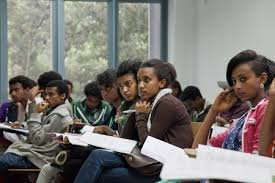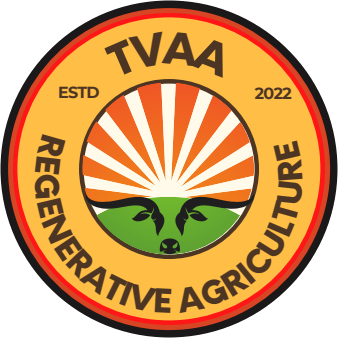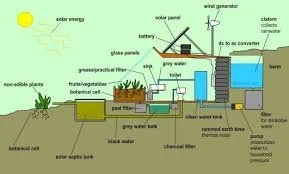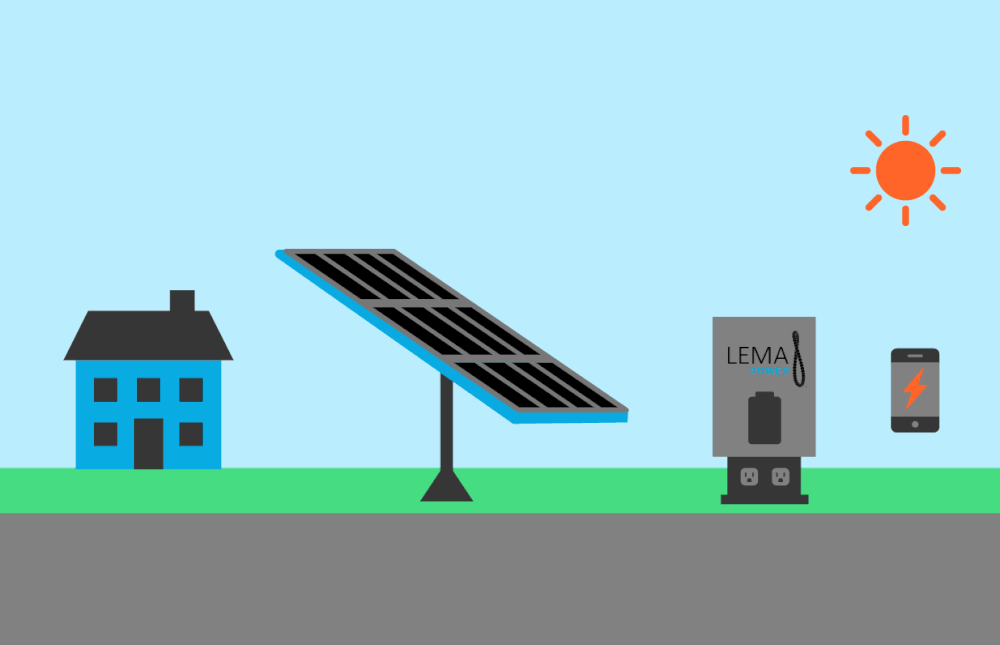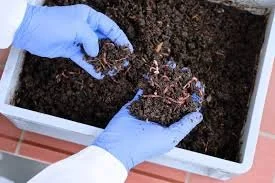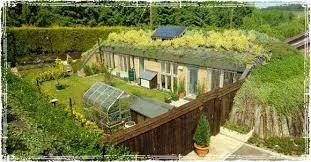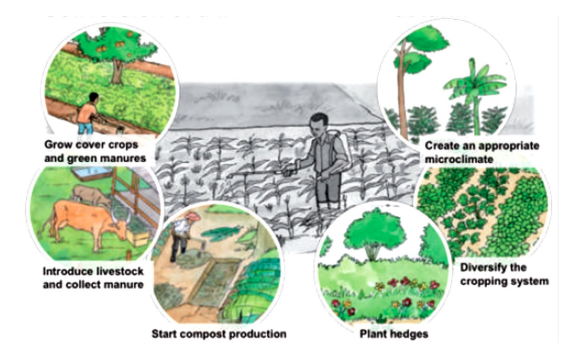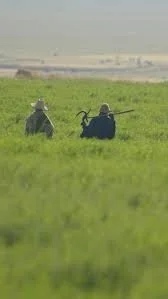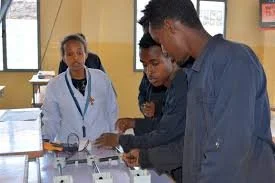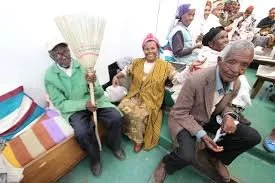
Timeline for Accomplishments
Accomplishments to Date
In late 2020, Dr. Kano Banjaw recognized the desperate need of gainful employment for the young people of Ethiopia and the extreme need for food security of his people in Oromia. During 2021, he sought collegial support with Erik Harris, MSc. and Elizabeth Heublein, Ph.D. He had a precipitating vision of how knowledge of modern farming practices could attenuate both unemployment and food insecurity. By 2022, with much research and many, many conversations, the three of them developed and wrote the detailed plan to make Kano’s vision become a reality. In 2022 – 2023, they searched for partners who are essential to manifest a comprehensive approach to modern sustainable farming (See TVAA Collaborators). During that year they also garnered permissions from the US and Ethiopian Governments.
TVAA is established as a 501(c)3 Non-Profit Corporation in the State of Minnesota, USA, (Registration number: 1156958700025) under the name “Leeqaa Nakamte Agriculture Training Project-Ethiopia” and has been awarded a Certification of Good Standing. It is doing business under the name “Technical and Vocational Agriculture Academy (TVAA) (See Documents).
TVAA is registered with the Government of the United States of America (USA) and has a System Award Management (SAM) number that is required to apply for grants awarded by the Federal Government (See Documents).
TVAA is registered with the Ethiopian Government and has permission to work in Ethiopia (See Documents).
TVAA has established a Board of Directors and by-laws.
Each individual on the board has a long history of deep compassionate work for others and the environment, and have brought their vast knowledge and experience to help bring Dr. Kano’s vision into reality.
Need Link and documents
Phase I - Year 1
TVAA will achieve the following activities during the Planning Year:
Acquire sufficient land to establish a demonstration farm, ~298 hectares (See Details of Land Acquisition and Use)
Acquire resources to develop a TVAA Demonstration Farm and School infrastructure and personnel (See Resource Acquisition for TVAA)
Disseminate information about TVAA in the East Wallegaa Administrative Region of Oromia, Ethiopia advertising employment and job requirements for skilled and professional personnel
Build school structure and farm infrastructure
Develop curricula, instructional methodology, hire, and train teaching faculty in integrated theory and hands-on- facilitation
Enroll 160 young women and men from rural backgrounds who have limited employment opportunities (Cohort 1)
Establish necessary partnerships with Ethiopian and US governmental agencies
Establish necessary partnerships with consultants for estimating and developing:
solar power
hydrology needs
farm equipment technology
post-harvest storage technology
soil regeneration practices. For more Information on full proposal - contact elizabeth@tvaaetyouth.org
Phase II - Years 2-5
TVAA Demonstration Project
Conduct two rounds the TVAA academic program with each round being two years.
Train and equip the two cohorts of students (total of 320 students) with a thorough understanding and practically
proven hands-on all-encompassing
curriculum of regenerative organic
agricultural practices and production.
Train and equip two cohorts of students (total of 320 students) to design and develop agricultural tools and implements that would be appropriate for existing farming conditions in the region.
Train students to become successful farmers by creating cooperatives to build livelihoods for themselves, while reducing food insecurity in their communities.
Contribute to the efforts of the Ethiopian Government to create employment opportunities for the youth and to reduce food scarcity.
Conduct a comprehensive four-year project
recursive evaluation program to ensure
sustainability and successful scale-up of
the TVAA program. For more Information on full proposal - contact elizabeth@tvaaetyouth.org
Phase III
Scale Up
It is expected that through the input of US staff, consultants, and local Ethiopian expertise the project will be able to:
Develop sound theoretical and practical grounding in regenerative organic farming practices for 320 future agri-preneurs
Facilitate the development of cooperative working groups among the students
Contribute to the reduction of food insecurities in local communities
Demonstrate successful soil development, restoration, and erosion control, which will increase production, quantitatively and qualitatively
Regard indigenous knowledge and wisdom of Ethiopian ecological systems and peoples
Design and develop innovative and cost-effective means of improving indigenous farm equipment that will be locally produced by students and local fabricators
Design and develop cost-effective and innovative post-harvest technology and equipment to be locally produced
Design and develop cost-effective innovations of hydro infrastructure in relation to soil health
After Year 5, Scale-up projects will be explored and initiated in other areas of the Guutoo Gidaa District East Wallegaa Administrative Region of Oromia, Ethiopia and other districts in Ethiopia. For more Information on full proposal - contact elizabeth@tvaaetyouth.org
Overall Outcomes of the TVAA Program
Through student centered, hands-on education, TVAA will develop the youth into strong, community conscious individuals who can recognize opportunities and correspondingly develop solutions to the challenges of agriculture and insufficient food production. Well trained staff and a comprehensive curriculum that encompasses all aspects of farming life will provide the foundation from which the students will engage in their communities.
To achieve this objective, the program will offer a quality education, based on the needs of the students, thus graduating people who will possess thorough theoretical knowledge, coupled with practical application. These students will be motivated to employ these all-encompassing skills of agricultural production for themselves and for their communities.
